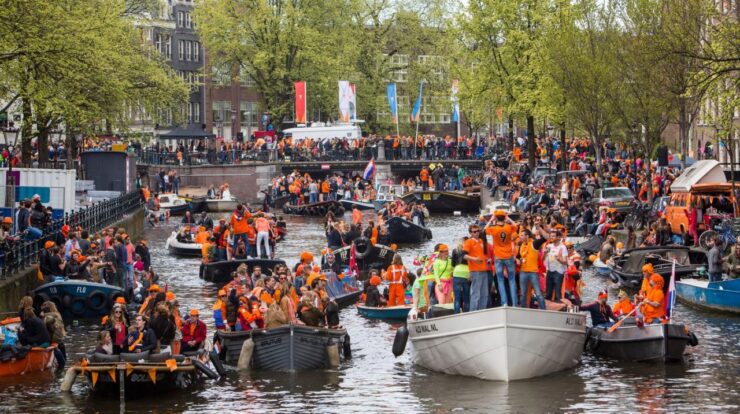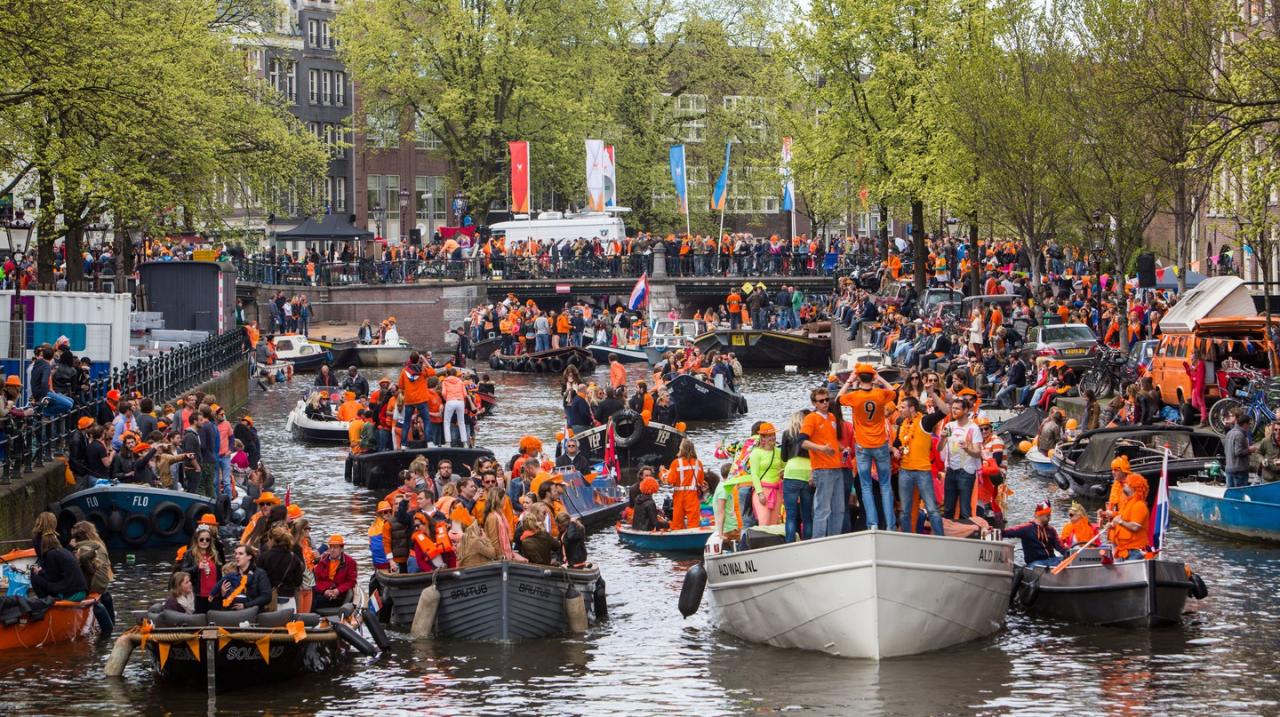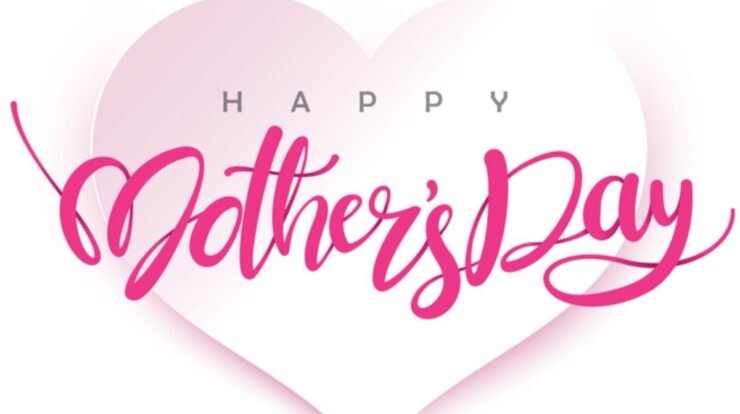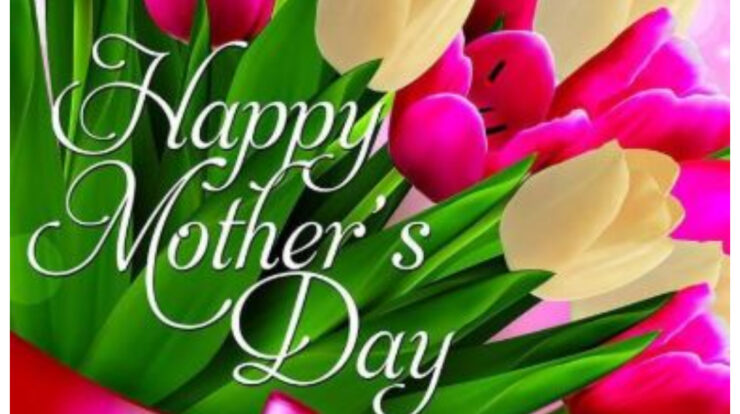
King’s Day Netherlands, an exuberant national holiday, paints the streets of the Netherlands in a vibrant tapestry of orange hues and lively festivities. This beloved tradition, deeply rooted in Dutch history and culture, offers a captivating glimpse into the heart of the nation.
With its origins tracing back to the 19th century, King’s Day commemorates the birth of King Willem-Alexander, the current reigning monarch of the Netherlands. The holiday has evolved over time, becoming a cherished symbol of national unity and a testament to the enduring legacy of the House of Orange.
History of King’s Day
King’s Day, a national holiday in the Netherlands, has its origins in the birthday of Queen Wilhelmina, who reigned from 1890 to 1948. In 1949, after Wilhelmina abdicated in favor of her daughter Juliana, the holiday was officially renamed Queen’s Day.
In 2013, when King Willem-Alexander ascended to the throne, the holiday was once again renamed King’s Day.
The House of Orange, the Dutch royal family, has played a significant role in the history and development of the Netherlands. The House of Orange-Nassau, a branch of the House of Orange, has ruled the Netherlands since the 16th century.
Traditions and Celebrations
King’s Day is a vibrant and festive holiday celebrated throughout the Netherlands. Traditional activities include:
- Flea markets:King’s Day is known for its numerous flea markets, where people sell and trade used goods.
- Orange clothing:Orange is the national color of the Netherlands, and many people wear orange clothing, hats, and accessories on King’s Day.
- Street parties:Streets and public spaces are filled with music, dancing, and street performers.
Popular games and events during King’s Day include:
- Koningsdagspelen:A series of games and competitions held in public spaces.
- Oranjevereniging:Local organizations that organize events and activities for King’s Day.
- Koningsmarkt:A large flea market held in Amsterdam.
Cultural Impact
King’s Day is a significant cultural event in the Netherlands. It fosters a sense of national unity and pride, bringing people together to celebrate their country and its monarchy.
The holiday is also an important part of Dutch tradition and heritage. It provides an opportunity for people to connect with their history and culture, and to pass on traditions to future generations.
Economic Aspects
King’s Day has a positive economic impact on the Netherlands. The holiday generates revenue from tourism, retail sales, and other sectors.
- Tourism:King’s Day attracts tourists from around the world, who spend money on accommodation, food, and souvenirs.
- Retail sales:Businesses experience increased sales on King’s Day, as people purchase orange clothing, decorations, and other festive items.
- Other sectors:The holiday also benefits transportation, hospitality, and entertainment industries.
International Recognition
King’s Day is recognized and celebrated outside the Netherlands. In some countries, such as the United States and Canada, Dutch communities organize events and activities to mark the holiday.
The Dutch royal family also plays a role in promoting King’s Day internationally. For example, King Willem-Alexander and Queen Máxima have visited other countries on King’s Day to meet with Dutch expats and celebrate the holiday.
Comparisons to Other National Holidays: King’s Day Netherlands
King’s Day shares similarities with other national holidays celebrated in different countries, such as:
- Bastille Day (France):A national holiday commemorating the storming of the Bastille during the French Revolution.
- Independence Day (United States):A national holiday commemorating the signing of the Declaration of Independence.
- Canada Day (Canada):A national holiday commemorating the anniversary of the Canadian Confederation.
These holidays all involve parades, fireworks, and other festive activities. They also foster a sense of national pride and unity.
Safety and Security Measures
Safety and security are important considerations during King’s Day celebrations. Law enforcement and emergency services work together to ensure a safe and enjoyable event.
Measures include:
- Increased police presence:Police officers are deployed in public spaces to maintain order and prevent crime.
- Security checks:Security checks may be conducted at entrances to events and public spaces.
- Emergency services:Paramedics, firefighters, and other emergency services are on standby to respond to any incidents.
Future Trends and Innovations

King’s Day is evolving to keep up with changing times and technologies. Potential future trends and innovations include:
- Virtual celebrations:Virtual events and online platforms may be used to connect people and celebrate King’s Day from anywhere in the world.
- Sustainable practices:Efforts may be made to reduce the environmental impact of King’s Day celebrations, such as using biodegradable materials and promoting recycling.
- Social media integration:Social media platforms may be used to share photos, videos, and experiences from King’s Day celebrations.
Last Word
King’s Day Netherlands stands as a vibrant testament to the rich tapestry of Dutch culture and the enduring spirit of its people. From its humble beginnings to its present-day grandeur, this beloved holiday continues to captivate hearts and minds, fostering a deep sense of national pride and unity.
Commonly Asked Questions
When is King’s Day celebrated in the Netherlands?
King’s Day is celebrated annually on April 27th.
What are some of the traditional activities associated with King’s Day?
Traditional activities include flea markets, street parties, wearing orange clothing, and playing traditional games.
What is the significance of the color orange on King’s Day?
The color orange is associated with the Dutch royal family, the House of Orange.





